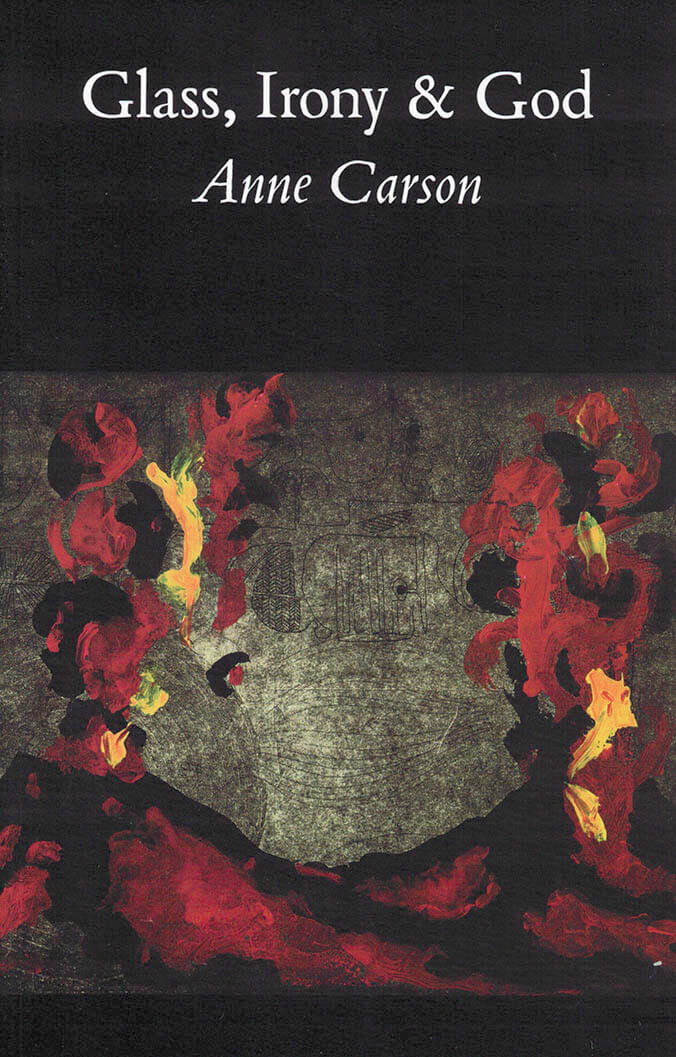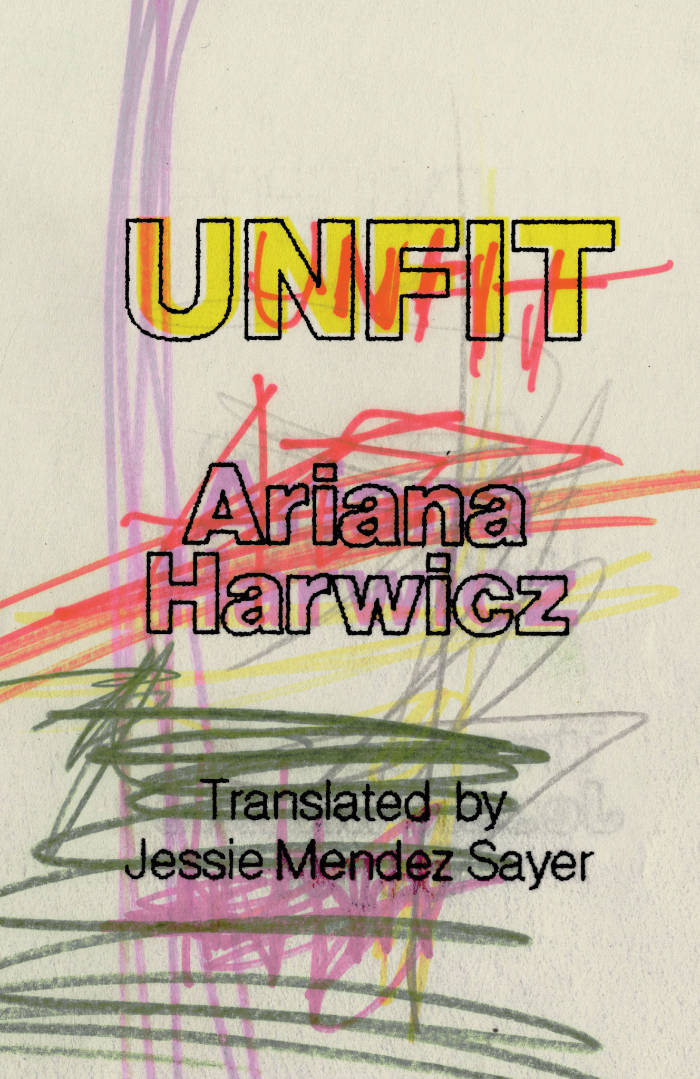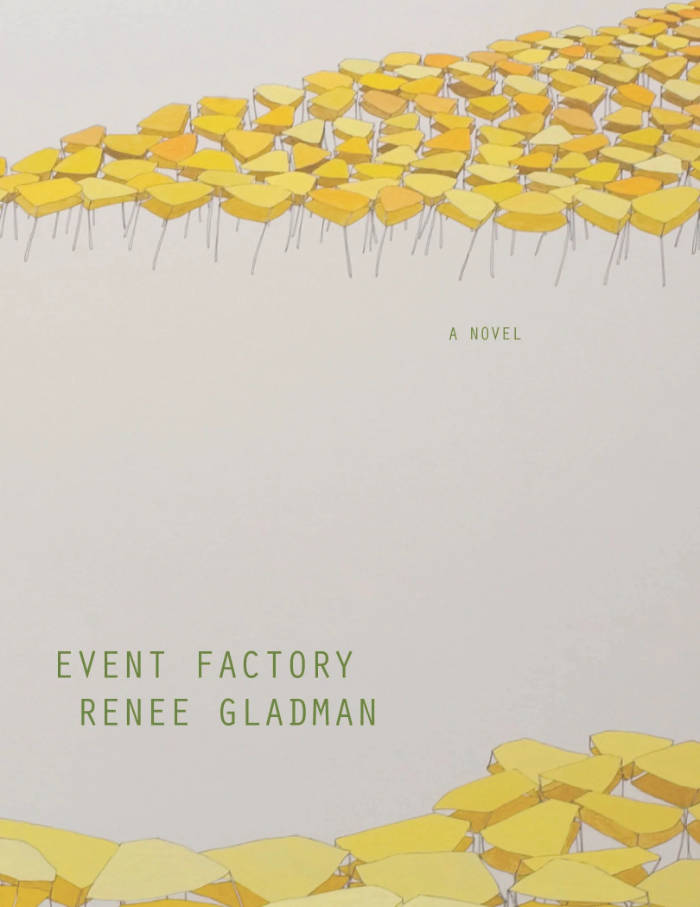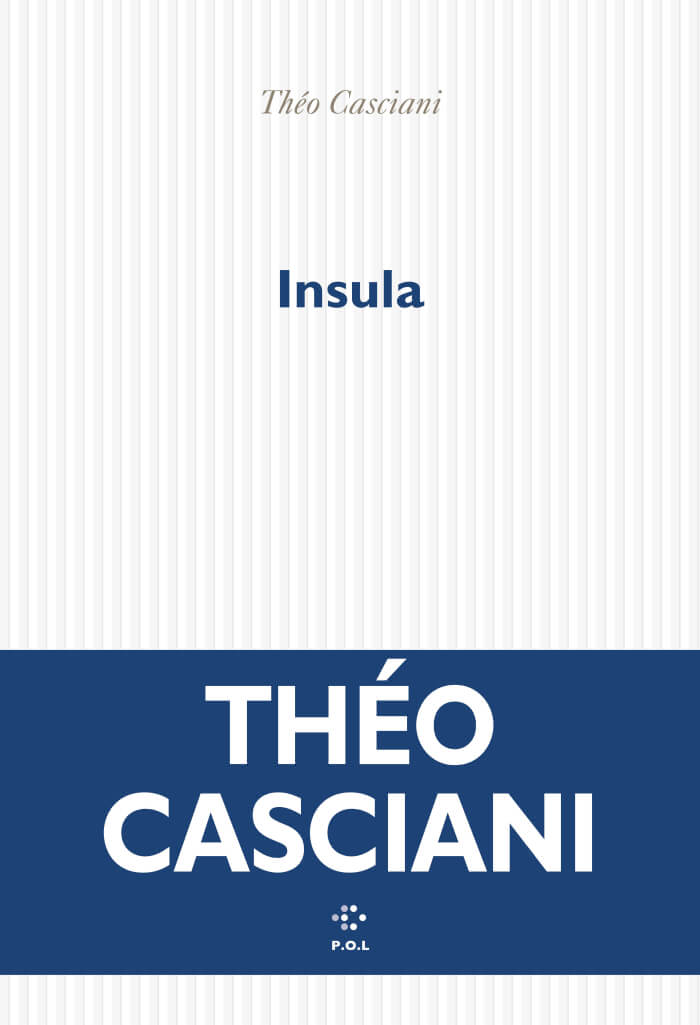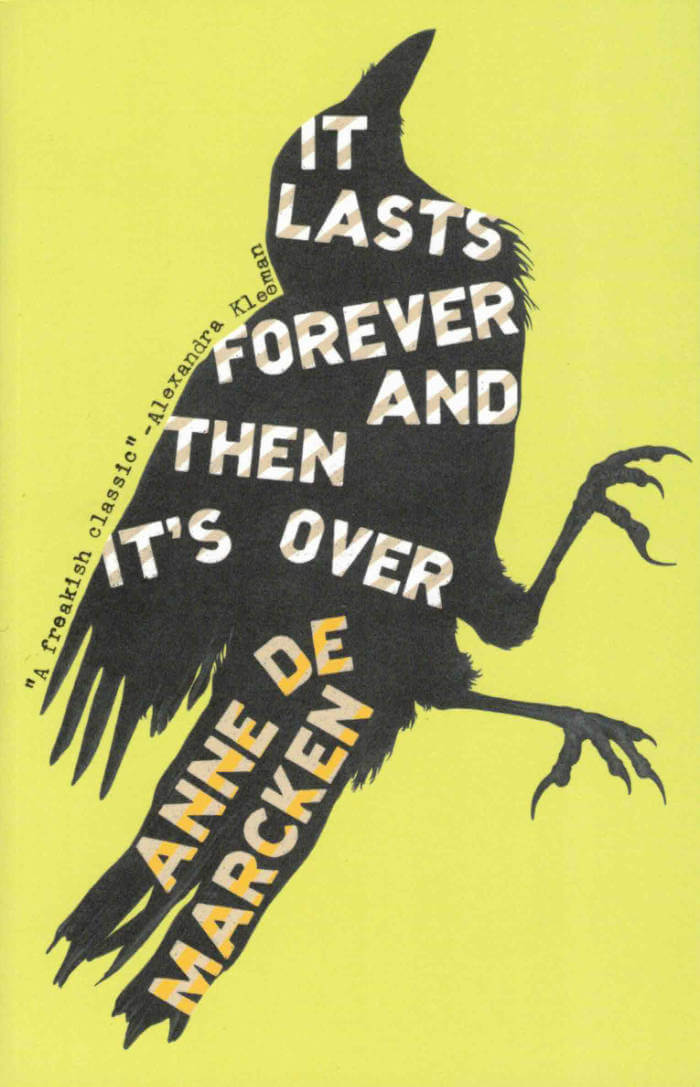
It Lasts Forever and Then It's Over
Co-winner of the 2022 Novel Prize, this incredible life-after-death novel asks us to consider how much of our memory, of our bodies, of the world as we know it ― how much of what we love can we lose before we are lost? And then what happens?
The heroine of the spare and haunting It Lasts Forever and Then It’s Over is voraciously alive in the afterlife. Adrift yet keenly aware, she notes every bizarre detail of her new reality. And even if she has forgotten her name and much of what connects her to her humanity, she remembers with an implacable and nearly unbearable longing the place where she knew herself and was known―where she loved and was loved.
Traveling across the landscapes of time and of space, heading always west, and carrying a dead but laconically opinionated crow in her chest, our undead narrator encounters and loses parts of her body and her self in one terrifying, hilarious, and heartbreaking situation after another. A bracing writer of great nerve and verve, Anne de Marcken bends reality (and the reader’s mind) with throwaway assurance.
It Lasts Forever and Then It’s Over plumbs mortality and how it changes everything, except possibly love. Delivering a near-Beckettian whopping to the reader’s imagination, this is one of the sharpest and funniest novels of recent years, a tale for our dispossessed times.

